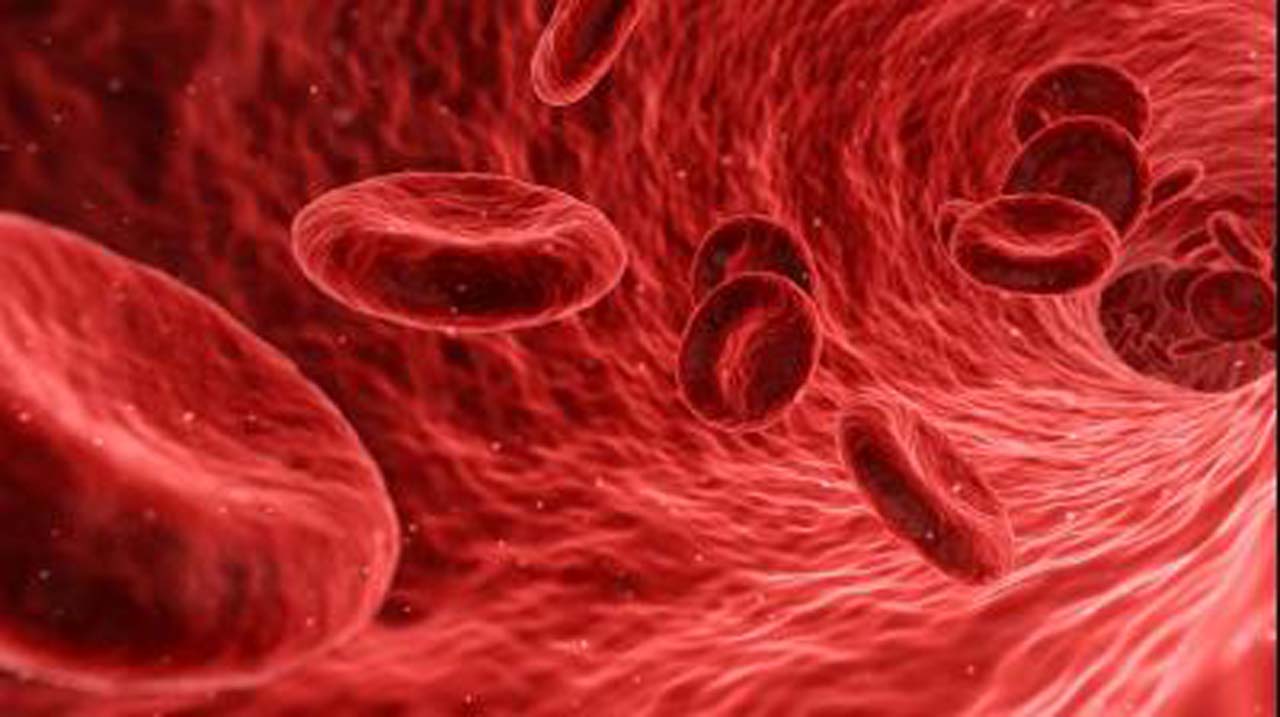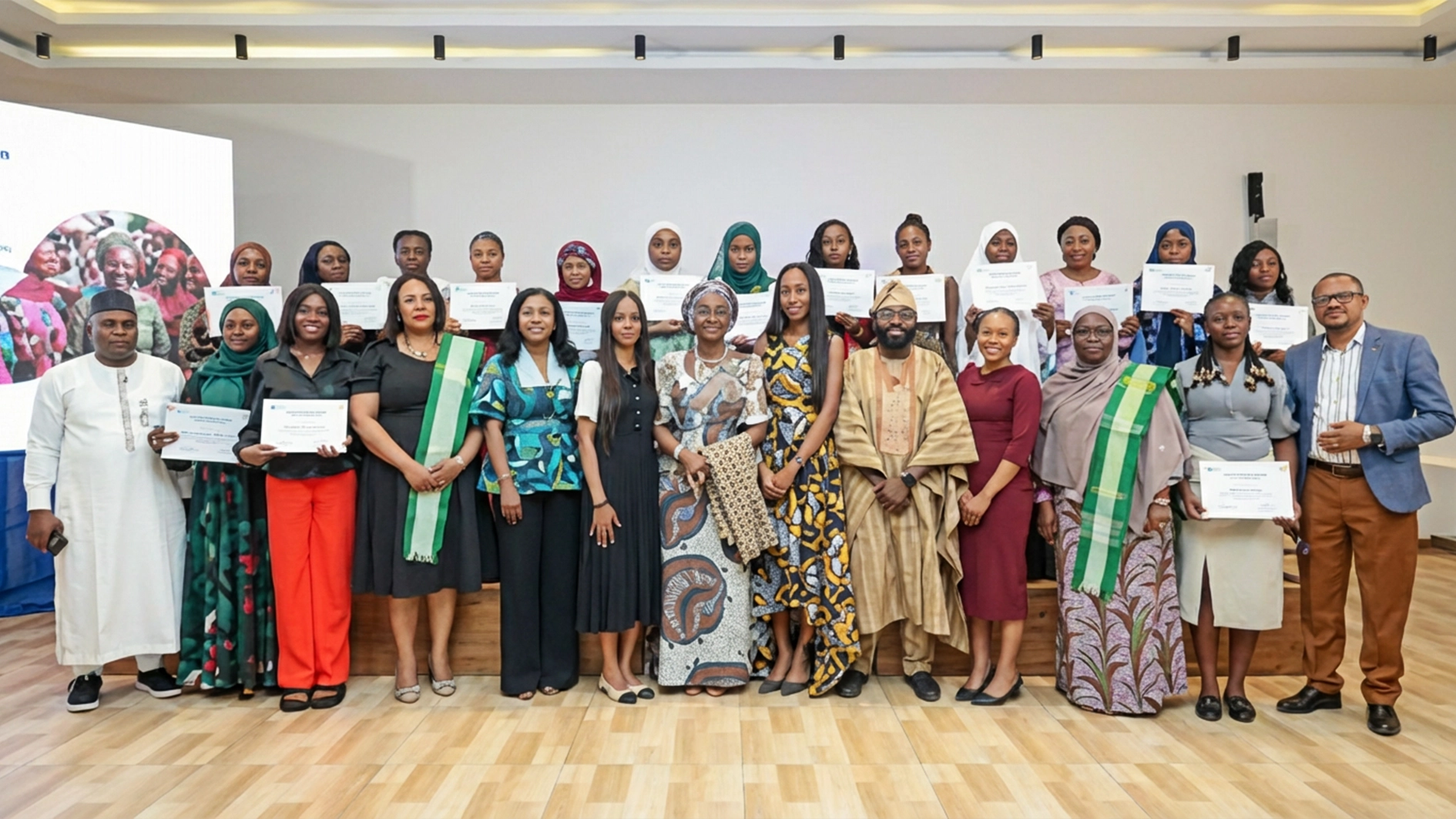
*New form of tissue engineering raises ethical questions
Using a technique that avoids the use of high-dose chemotherapy and radiation in preparation for a stem cell transplant, physicians at the University of Illinois Hospital & Health Sciences System, United States, have documented the first cure of an adult patient with congenital dyserythropoietic anemia. CDA is a rare blood disorder in which the body does not produce enough red blood cells, causing progressive organ damage and early death.
The transplant technique is unique, because it allows a donor’s cells to gradually take over a patient’s bone marrow without using toxic agents to eliminate a patient’s cells prior to the transplant.
This case report is published in a letter to the editor in the journal Bone Marrow Transplantation.
Dr. Damiano Rondelli, the Michael Reese Professor of Haematology at the University of Illinois at Chicago, says the protocol can be used even in patients with a long history of disease and some organ damage because of the minimal use of chemotherapy.
“For many adult patients with a blood disorder, treatment options have been limited because they are often not sick enough to qualify for a risky procedure, or they are too sick to tolerate the toxic drugs used alongside a standard transplant,” said Rondelli, who is also division chief of hematology and oncology and director of the stem cell transplant program at UI Health.
“This procedure gives some adults the option of a stem cell transplant which was not previously available.”
Also, as biological research races forward, ethical quandaries are piling up. In a report published Tuesday in the journal eLife, researchers at Harvard Medical School, United States, said it was time to ponder a startling new prospect: synthetic embryos.
In recent years, scientists have moved beyond in vitro fertilization. They are starting to assemble stem cells that can organize themselves into embryolike structures.
Soon, experts predict, they will learn how to engineer these cells into new kinds of tissues and organs.






